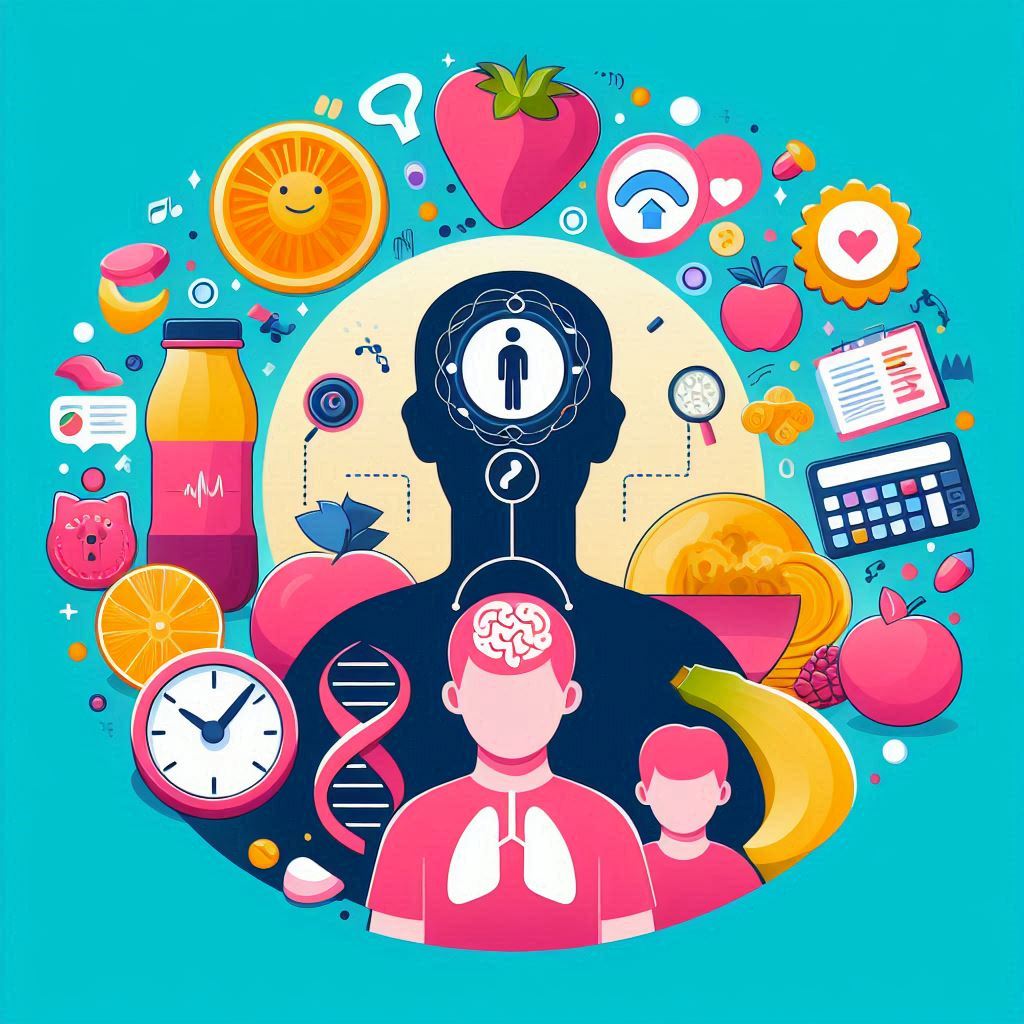Prader-Willi Syndrome (PWS) is a rare genetic disorder that affects many aspects of life, including physical health, mental well-being, and social functioning. People with PWS face unique challenges, but with the right care, they can lead healthier, more fulfilling lives. This article focuses on health and wellness strategies for people living with Prader-Willi Syndrome, emphasizing the importance of holistic care.
Understanding Prader-Willi Syndrome
Prader-Willi Syndrome is caused by genetic abnormalities on chromosome 15. It typically leads to symptoms such as:
- Chronic Hunger: A constant feeling of hunger, which can lead to overeating and obesity.
- Developmental Delays: People with PWS may experience delayed physical and intellectual development.
- Behavioral Issues: This can include mood swings, anxiety, and social difficulties.
- Hormonal Imbalances: Many individuals with PWS have low muscle tone and slower metabolism due to hormone deficiencies.
Because PWS affects many areas of life, a comprehensive approach to health and wellness is critical.
Key Areas of Health and Wellness for Prader-Willi Syndrome
- Nutrition Management
Managing hunger and weight is one of the biggest challenges for people with PWS. Proper nutrition and a structured eating plan are crucial.
- Controlled Diet: People with PWS should have access to a low-calorie, nutrient-dense diet. Portion control and structured meal times can help prevent overeating.
- Regular Monitoring: Caregivers and healthcare professionals should regularly monitor weight and body mass index (BMI) to ensure healthy growth.
- Hydration: Drinking plenty of water is important, as individuals with PWS may not always recognize thirst.
- Physical Activity
Regular exercise helps manage weight, improves muscle tone, and boosts mental health. Physical activity tailored to the individual’s abilities can greatly benefit their overall wellness.
- Low-Impact Exercises: Activities like swimming, walking, and yoga can improve muscle strength without straining the body.
- Consistency: Encouraging regular, daily movement helps manage weight and supports cardiovascular health.
- Fun and Engaging: Incorporating enjoyable activities, like dancing or group sports, can motivate people with PWS to stay active.
- Mental Health Support
Mental and emotional well-being is equally vital as physical health. People with Prader-Willi Syndrome may experience anxiety, depression, or behavioral issues, so having a solid mental health plan in place is vital.
- Counseling: Regular therapy or counseling can help address emotional challenges and improve coping skills.
- Behavioral Therapy: This can assist in managing mood swings, anxiety, or frustration.
- Social Support: Peer groups, support groups, and social activities can help individuals with PWS build meaningful relationships and improve social skills.
- Medical Care
Individuals with Prader-Willi Syndrome may need regular medical care to manage symptoms and improve overall health.
- Hormonal Treatment: Hormone therapy, such as growth hormone, can help manage physical symptoms like low muscle tone and poor growth.
- Regular Checkups: Routine visits to healthcare providers ensure that symptoms are monitored and treated early.
- Specialized Care: Specialists such as nutritionists, physical therapists, and endocrinologists play an essential role in the ongoing care of people with PWS.
Building a Supportive Environment
Support from family, friends, and healthcare providers plays a critical role in the wellness of individuals with PWS. A supportive environment helps them maintain a structured lifestyle that balances physical and emotional health.
- Family Involvement: Families can provide structure at home by managing meal times, encouraging physical activity, and offering emotional support.
- Community Resources: Finding support groups or communities for PWS can connect individuals and families with others who understand their challenges.
Final Thoughts
Living with Prader-Willi Syndrome comes with its own set of challenges, but with proper health and wellness strategies, individuals can thrive. Focusing on nutrition, physical activity, mental health, and medical care creates a well-rounded approach that enhances their quality of life.






